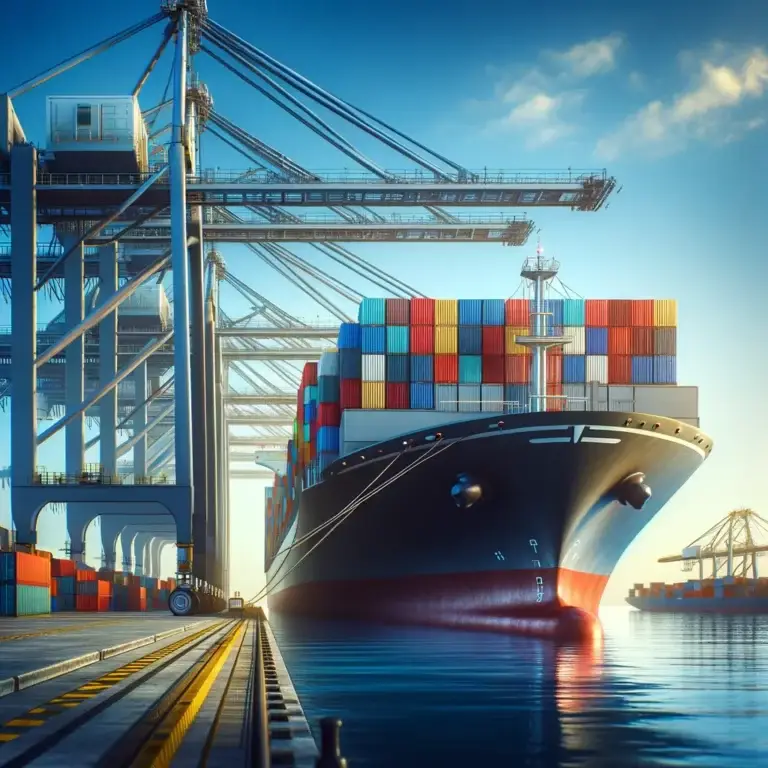Globalization

Table of Contents
What is Globalization
Globalization refers to the increasing interconnectedness and interdependence of economies, cultures, and societies worldwide, facilitated by technological advances, communication, and transportation.
It involves the flow of goods, services, capital, information, ideas, and people across national borders, leading to the integration of markets, the spread of cultural exchange, and the proliferation of international networks.
Globalization profoundly affects economies, shaping trade patterns, investment flows, and labor markets. It also influences cultural dynamics, promoting cultural diffusion, hybridization, and exchanging ideas and values.
Overview of Globalization
Globalization refers to the increasing interconnectedness and integration of economies, societies, and cultures on a global scale, facilitated by advancements in technology, transportation, and communication.
The roots of globalization can be traced back to historical periods of trade, exploration, and colonialism, but it has accelerated significantly in the late 20th and early 21st centuries.
Economic globalization involves expanding international trade, investment, and financial flows, leading to the creation of global markets and supply chains and the growth of multinational corporations.
Technological globalization refers to the spread of information, communication, and digital technologies, enabling instantaneous communication, data exchange, and access to information across borders.
Cultural globalization involves exchanging and diffusing ideas, values, languages, and cultural products (such as music, films, and literature) between different societies and regions.
Political globalization entails the increasing interconnectedness of political systems and institutions, including the rise of international organizations, treaties, and agreements to address global challenges and promote cooperation.
Globalization has both proponents and critics. Proponents argue that it fosters economic growth, innovation, cultural exchange, and the spread of democratic values, while critics raise concerns about inequality, exploitation, cultural homogenization, and environmental degradation.
Globalization has increased mobility of goods, capital, labor, and information, blurring traditional boundaries between nations and reshaping the geopolitical landscape.
Globalization has also contributed to the rise of transnational issues and challenges, such as climate change, pandemics, terrorism, and cybercrime, which require coordinated responses at the international level.
Despite its benefits and challenges, globalization is a complex and ongoing process that continues to shape the contemporary world, profoundly influencing economies, societies, cultures, and politics.
Related Links
Age of Exploration
Berlin Conference
Decolonization
Silk Road